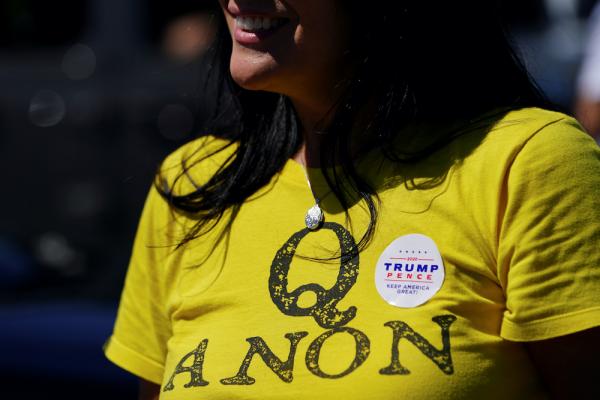Oct 28, 2020
Why does QAnon resonate with these evangelicals? Part of the answer is their strong political alignment with the president, but it’s also true that evangelicals have long organized around the issue of human trafficking. And according to the major anti-human trafficking organizations in the U.S., that axis of devotion and suceptibility due to political alignment is creating a nightmare for their work.
Read the Full Article

Already a subscriber? Login
